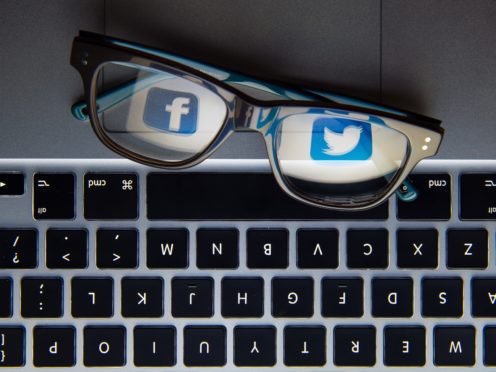Copyright campaigning MEP Mary Honeyball has said memes will not be killed off by “divisive” copyright laws.
She said the new Copyright Directive was the most polarising piece of legislation she has worked on, but the internet and modern world need regulation.
Deputy Labour leader Tom Watson has also claimed the legislation is a victory against tech giants.
The changes have been approved by the European Parliament, including the controversial Article 13, which many believe threatens the creation of online content and memes.
Supporters of the new rules have pushed for increased copyright protections to narrow the financial “value gap” between creators’ remuneration and the profits of online platforms such as YouTube.
Labour MEP for London, Honeyball has said fears surrounding the impact of the Directive on content creators is “doom-mongering” and the new rules will help safeguard creative industries, including music in the UK.
She has said that the aim of the legislation was not to stamp out memes but to protect creators.
Honeyball told the Press Association: “There’s no problem with memes at all. This directive was never intended to stop memes and mashups.
“I think that’s doom-mongering. People who carry out their business properly have nothing to worry about at all.”
Honeyball has said that there was a bloc supporting regulation, and a cohort backing a “free internet” during a polarising parliamentary struggle.
She has claimed the vote of 348 MEPs for to 278 against the directive is “fantastic” for creators, and increased regulation for better remuneration is “absolutely the right thing to do”.
Thanks to everyone who campaigned for #yes2copyright. A real victory for European culture and creators’ rights https://t.co/EOwtEikPBa
— Mary Honeyball MEP #StopBrexit2019 (@maryhoneyball) March 26, 2019
Honeyball said: “It’s been very divisive. It’s been the most divisive piece of legislation I’ve ever worked on.
“I never had a problem with regulation of the internet. You can’t really live in the modern world without regulation.”
She added on creators: “Without intellectual copyright, they don’t get paid. It was just declining, with fewer and fewer people who could actually make a living out of creating.
“That was the whole point of copyright, it was a way for people who create intellectual property to actually make money out of it.”
This is an important victory for creators and campaigners in the face of a dogged misinformation campaign by the tech giants. It will help ensure that music creators are paid properly for their work and make sure our creative industries survive and thrive in the future. https://t.co/u4QHK4dHvl
— Tom Watson (@tom_watson) March 26, 2019
Watson has also backed the decision to regulate online content, which will place the responsibility for policing copyright on major platforms.
Watson said: “I am very glad that MEPs have voted in favour of the EU Copyright Directive today. This is an important victory for creators and campaigners in the face of the tech giants’ dogged misinformation campaign.
“This new directive will help ensure that music creators are paid properly for the work that they produce. This change is crucial to ensuring that our world-leading creative industries continue to flourish in the future.”
